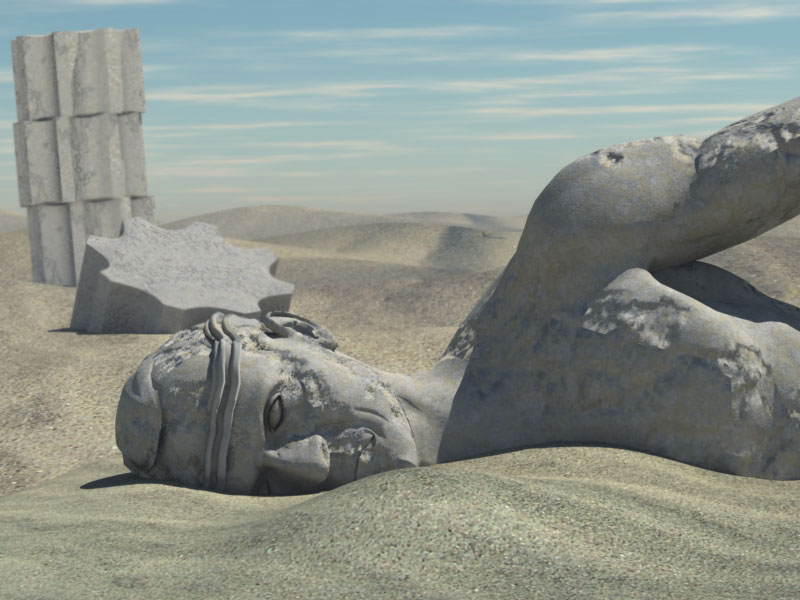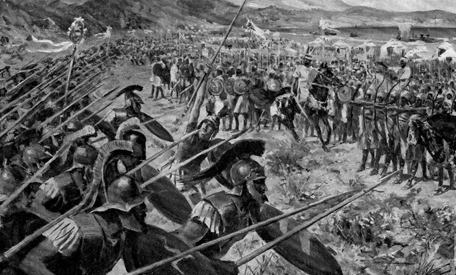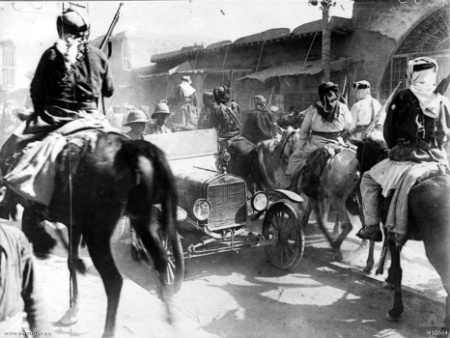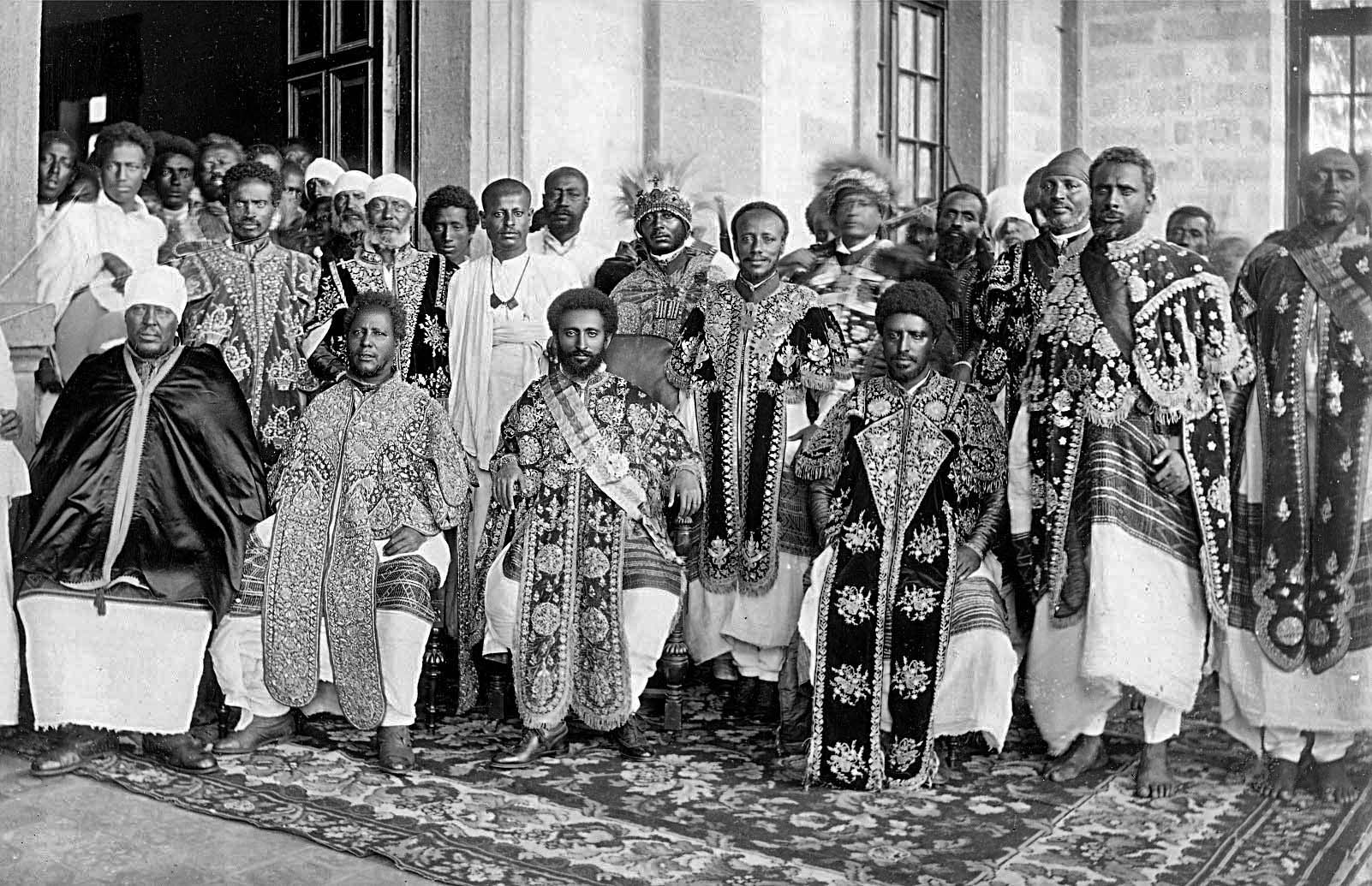
One could argue that the history of the modern world has been dictated by the rise and fall of various empires in differing regions across the globe. Conquest, coercion, colonialism, post-colonialism, and nationalism can all be tied to the rise and expansion of empire, and their rises and falls produce mixed impacts for all who come into contact with imperial machinery.
No two empires are exactly alike, but they have features that are uniform across the board. Broadly speaking, an empire represents an extensive collection of states and peoples under either an absolute monarch, like a king or an emperor, or an oligarchy, like a state-appointed senate or parliament. Some empires have been large, others small. Some have been regarded as cruel and brutal, while others have been remembered as (vaguely) benevolent and forward-thinking. Some lasted for thousands of years on end, while others managed to eke out a few decades of existence. But one thing seems to remain constant, regardless of the shape, form, or trajectory of an imperial power: there will be a rise, and there will be a fall. And in most cases, that fall will come as a result of the empire’s previous actions, and as a byproduct of unwise decisions whose impacts could not have been fully known at the time.
Last night, two of the NBA’s great empires of the 21st century showed how far they had declined since their apexes only a few years before. The Los Angeles Lakers lost to the San Antonio Spurs 108-105, in a game whose score belies how un-competitive the contest actually was. The Lakers looked as defensively inept as they have all season, and Kobe’s off-balance three to force overtime (after a furious rally that was thrown off by Metta World Peace’s ill-advised drive to the hoop against Tim Duncan and a corner three that looked off-line as soon as it was launched) was doomed from the start. Later in the night, the Dallas Mavericks, a former stalwart, lost to the new imperial power in the City of Angels—the Clippers—in a game that really seemed more like a tortured dance between a hungry snake and a terrified mouse. The Mavs’ rallies always looked like a fool’s gold, and we all looked away as the Clippers put their feet slowly down on the team’s collective necks, their bodies convulsing, their gasps becoming weak and shallow.
It is interesting, considering how far they’ve fallen. This goes almost without saying: over the last ten years, there have been very few franchises more consistently successful than the Lakers and the Mavs. Since 2000, the Lakers have averaged a winning percentage of .652 in the regular season, have made the playoffs 11 out of 12 seasons (123-70, good for .637), went to the Finals seven times, and won the whole thing five times. The Mavs haven’t had the same Finals-level success of the Lakers, but they have been statistically magnificent in their own right. They’ve won more regular season games over the last 12 seasons than even the Lakers (.663), have gone 65-64 in the playoffs (.504), been to the Finals twice, and won the entire thing once (against the East’s new imperial power, the Miami Heat). There was little wrong in their basketball empires; the boon of major markets bestowing quality players, high viewership, national television appearances, and of course, wins by the bucketful, for the organization and their denizens. All was well, and the empire seemed eternal.
But for those watching closely, it was apparent that the edges were beginning to fray around their basketball empires. One could see that the sheen on the tapestry was starting to fade, that the halls of the emperor were becoming cold and tense. It wasn’t total and usurping, but rather, a slow death that is only now starting to cascade downhill rapidly. One can look to the annals of history to get better understandings about the slow deaths of teeming empires, who at various times all boasted fearsome armies, full-to-overflowing coffers, huge tracts of natural and human resources, and cultural, linguistic and intellectual influences that extended beyond their metropoles and into their territories in the hinterland.

The Lakers are learning the lessons of the great, yet arrogant, Persian empire (now modern day Iran), who between 600-450 BC, conquered large swaths of the Egyptian, Greek, Babylonian and Assyrian Empires and became the major military and trade power in the ancient world. Especially under the rule of the Darius the Great, the Persians became a great creditor-nation. According to J. Rufus Fears, the Persians provided by far the largest import-export market in the world, and were able to replenish themselves and grow, year after year, to the point where their army could always be rebuilt with soldiers and war machines, and their coffers could be filled with gold. They were in a fantastic position to be a major player in the region for thousands of years. However, they fell prey to what the Roman historian Herodotus called “hybris”, which loosely translates to “outrageous arrogance”. The strength and stability of his empire convinced Darius to engage in an ill-advised war with the Greeks, who defeated his massive army in the well-treaded Battle of Marathon in 450 BC. Shortly after his humiliating defeat, the Persians lost other battles, and gave up vast territories (and all the resources therein) to the Greeks. Because of his rash personal decision, and his wild arrogance, Darius compromised his own empire, and hastened its own defeat.
One sees a number of parallels between the decline of the Persians and the decline of the Lakers. Like Darius the Great, the Lakers’ braintrust of decision-makers, lead brashly by franchise-face Kobe Bryant, have been thoroughly guilty of falling under the spell of their own hybris. They (and really, the rest of us) felt they could compete on a nightly basis with a starting lineup that featured four players over 30 years old, none of whom could be described at this point as defensively-minded players. They foolishly believed that, because they were the Lakers, they could make four alpha-males coexist, and that the shimmering glitter of the “Lakers” logo on the front of the jersey would bestow wins, home court advantage, and ticker tape parades down the streets of Los Angeles. When it didn’t come together in the way they planned, they were left without an answer, except the one that they had been willfully ignoring all along: that well-planned purpose motivates greater than unearned hubris, and that size really doesn’t matter when you are more inspired to succeed. The Lakers have suffered a new battle of Marathon in each of their 20 losses, surprised by an outcome that makes total sense considering how little substance they seem to present, night in and night out.

Meanwhile, the Mavsericks are learning the same mistakes the Ottomans learned as their empire’s light slowly extinguished at the dawn of the twentieth century as the result of some poorly hedged bets. The Ottomans once carried the distinction of being the largest, longest continuous empire in the world, starting in modern-day Turkey in 1299, and continuing uninterrupted until 1923. The Ottomans boasted exceedingly complex systems of governance and religious tolerance (most notably the vaunted millet system), as well as beautiful architectural and intellectual relics of antiquity. But the Ottomans did not benefit from the industrial revolution in the same way as Europe, so while Britain, France, Germany, Italy and the USA grew by leaps and bounds during the 1800s, the Ottomans fell further and further behind the times, and reduced the power of the sultanate to next to nothing. Military defeats and the rise of nationalist thought in the Crimean, the Mediterranean, Northern Africa and the Middle East took away valuable territories, and massive amounts of debt to European nations forced the Ottomans to give up territory in a bid for fiscal solvency. By the end of the 19th century, all that was left of the once-massive empire was the vague outline of modern-day Turkey, and some assorted territories in the Levant and central Asia. The final blow came during WWI, when the Ottomans made a final bid to save their empire and allied with with Axis powers, who were ultimately defeated by the Allies in 1918. The last Ottoman territories in the Middle East were annexed to European powers between 1919 and 1922.
To me, the decline of the Mavericks Empire seems exceedingly similar to the downfall of the the house of Ottoman Like the Ottomans, the Mavs have hedged their bets since reaching their apex in 2011, after a long, fitful climb to the top. After winning the title with a hard-nosed veteran-laden roster, the Mavs went bankrupt, financially and emotionally. They could not afford their best players from the title team, and even if they could, they didn’t want to pay what they were asking for to remain with the team. So those players left for other teams, replaced by lesser, affordable talent. The Mavs have hedged their bets on free agency in 2012 and 2013, confident that a big-name free agent like Deron Williams, Dwight Howard or Chris Paul would want to join Dirk, Carlisle and Cuban in northeast Texas. But after 2012 yielded no major coups besides O.J. Mayo and 2013 has produced little besides a 13-23 record, doubt from an aging franchise player and disgust from the jilted owner doesn’t inspire high hopes for the long term revival of the Mavericks Empire.

It seems to me—and I am no expert—that the most successful empires, both in terms of longevity and favorable public memory, are those that shed as many of the negative associations that come with empire and imperialism. These empires are small and diffuse (and as much as an empire can be those things) and seem focused on ideas of pluralism and community development rather than coercion, conquest, and resource extraction. One might point to the rule of the Zagwe in the Ethiopian Empire, which lasted as an independent Christian empire from 1136 (following the official establishment of the Zagwe dynasty, which defeated, and subsequently married into, the great Askumite dynasty) until 1936, when Mussolini’s forces invaded the region. During their reign, the Zagwe made major advancements in math, science, architecture and agriculture, established complex and lasting trade relationships with other African, European and Arab communities, and successfully defended their territory against Arabs, Turks and Europeans. All the while, they stayed relatively insular, content to keep territory on the Eastern coast, and never expanded east into the interior. And indeed, one sees a certain Zagwe-ness in the San Antonio Spurs, who have kept their dynasty alive in some form or fashion for 14 seasons now without feeling the need to make a big splash or over-exert their influence on the rest of the league. There is a quiet confidence to their imperialism; one that seems poised to remain for decades.
As for the empires of the Lakers and the Mavericks? Perhaps they can be saved. Perhaps their fall can be reversed through a stroke of luck. But the times have become desperate, and Paul Harris is correct that “ideas have unhinged the gates of empire”. That does not bode well for our friends in Los Angeles and Dallas, whose edifices are slowly crumbling, being reduced to little but sand.

